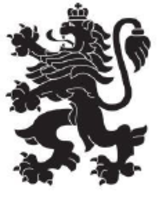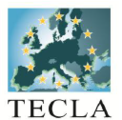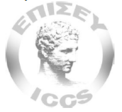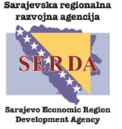DIGITALEUROPE welcomes the attention given to standardisation in the European Commission’s Digital Single Market strategy. We want to work constructively with EU policymakers to make the system even better than it is today, but the system is very good already so the likely changes from this process should only reinforce the approach taken in the most recent standardisation reforms.
Standards make the technology world go round. Without them, there would be no global computing or phone networks. Devices we consider basic ICT equipment today would not have reached a mass market were it not for the standards that underpin them.
DIGITALEUROPE welcomes the attention given to standardisation in the European Commission’s Digital Single Market strategy. We want to work constructively with EU policymakers to make the system even better than it is today, but the system is very good already so the likely changes from this process should only reinforce the approach taken in the most recent standardisation reforms.
In Europe we can boast one of the most important ICT standards of them all – the 23 year-old GSM standard that transformed mobile phones from a niche product to a must have device used by over five billion people from every continent of the globe.
The Global System for Mobile communications started out as a European standard pushed to the fore by government-controlled incumbent telecom operators. GSM had to compete with equivalent network technologies in the US, Japan and elsewhere, but over time its technical superiority led to it being deployed in over 80% of the world.
Standards put Europe at the technological forefront. Many in Europe are now asking how Europe can repeat the success.
Read the whole article on EurActive.com















